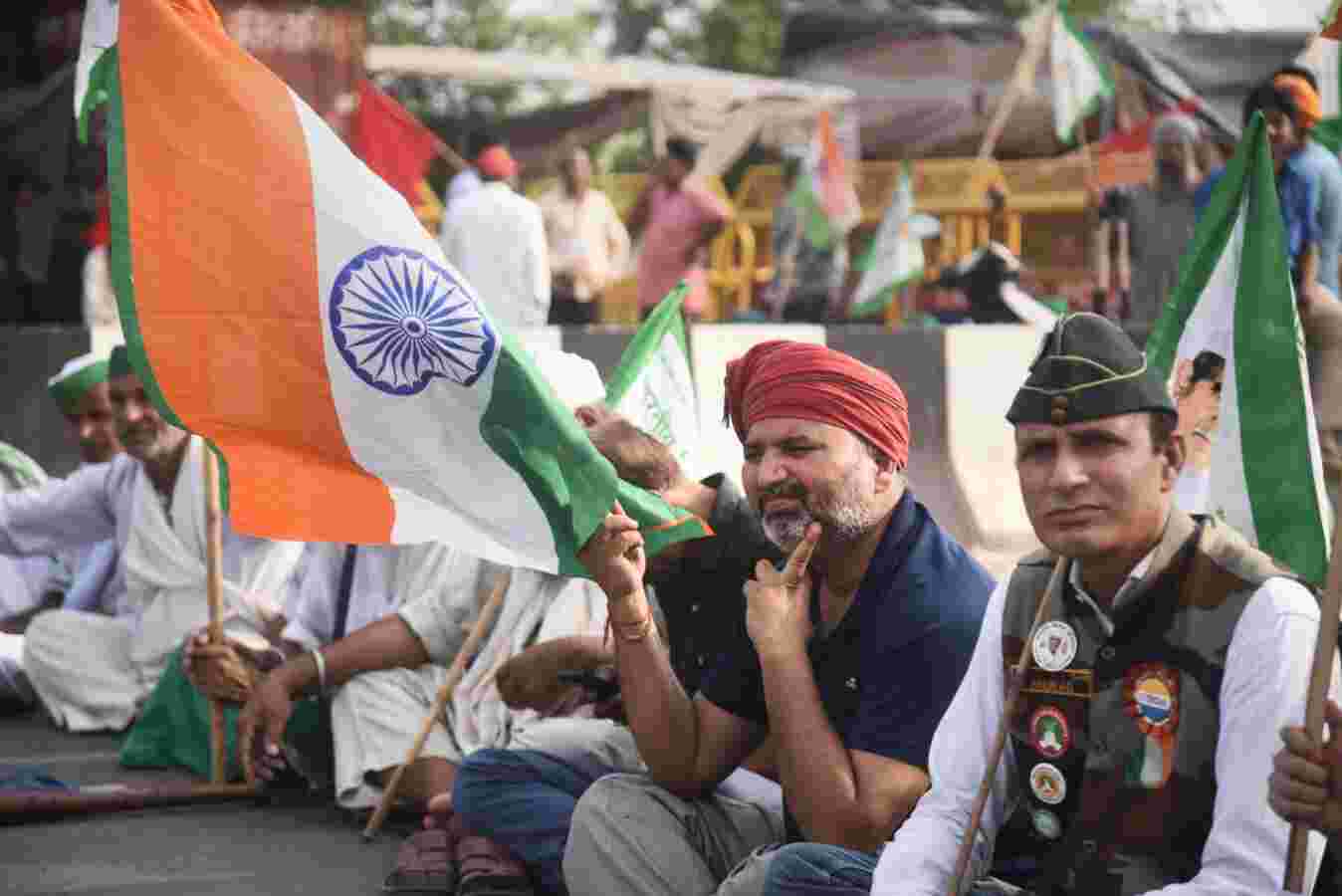Need for reconciliation

In what could be called a clear signal to the government that they are ready for a long fight, protesting farmers at the borders staged a nationwide bandh to mark the completion of one year of the passage of the three contentious 'farm laws'. Rajesh Tikait even came out clearly to say that the farmers will continue with their protest even if it takes 10 years. Farmers' protest has proved out to be the most challenging issue for the current government. And now it only seems to take greater space in the political discourse of the country — particularly in the North Indian states like Uttar Pradesh, Haryana, Bihar and Punjab. The issue will undoubtedly play its part in the hotly contested UP elections. The agriculture sector in India and Indian farmers have been in a situation of distress for decades but the political aspect of agriculture has been limited to the provisioning of short-term economic benefits, rather than facilitating structural reforms. The current situation is somewhat different as there appears to be a strong political force behind it. While the politicization of farmers' protests is being seen as a negative trend by many, this political force was imperative in the context of the undying distress in the sector. Politics, after all, is a strong instrument of social change. Ailments of the Indian agricultural sector are quite systemic in nature and to remove them, political perspective might be a useful tool. In the current situation, perhaps a wrong perception is being created, linking politicization with the connotation of manipulation of farmers by opposition parties. This straightforward and inappropriate interpretation forms a negative perception about the continuing farmers' protest. All the opposition parties have extended their support to farmers' agitation, and why should that be a problem? However, right since the farmers initiated their protest last year, they have been cautious that they remain in the position of bargaining and not manipulation by any political party. The protest remains that of farmers, and any possible takeover has not been allowed to date. What has been even more encouraging is that not only is the protest of farmers well organized at the ground level, they also have clearly laid out an objective — repeal of farm laws. The farmers have also exuded a great deal of maturity and resounding firmness in their resolve. They haven't backed an inch from their core demands. Their resolve went beyond what certain experts had expected initially. It was believed that after initial reluctance, they would cede to a certain extent to reach a middle path that is more in favour of farmers. The maturity shown all throughout the farmers has also been commendable. This is being seen in the successful and peaceful execution of protests and bandhs, with a few exceptions. The stated objective behind the passage of the laws has been to bring in transformative changes in the agricultural sector through the contentious laws and augment the income of farmers. However, there are two aspects of the farm laws — subjective and objective. Subjective interpretation of the laws by the farmers may differ from that of the government. This gap can potentially create a long-standing disturbance and friction between the parties in controversy. It is here that the role of institutions like the Parliament and Judiciary comes in. Following the due institutional processes is very crucial for smooth functioning of the government and degree of harmony and growth in the society. It is incumbent upon the government to figure out the friction points and lapses in adopting the due institutional processes. One of the gravest allegations of the protesting farmers has been that their views were not taken into account while formulating and passing the laws. Such allegations are no less than a blot on the functioning of a democratic government. As the farmers' protest is set to complete a year in November this year, the government should ensure that their voices are heard and the discord with them is eased out. This will not just end the impasse to relieve farmers as they continue to brave harsh weather and live in a dingy atmosphere at the cost of their livelihood, but also allow the space to the party at the Centre to devise their strategy for the upcoming elections. Though protests are a hallmark of a living democracy, their prolongation has economic, social and political costs. Both the parties need to show some extra maturity and deliberate on the core of contention rather than beating around the bush. For a country that has a long and rich experience of protests and reconciliations, sorting out differences should be comparatively easy.



